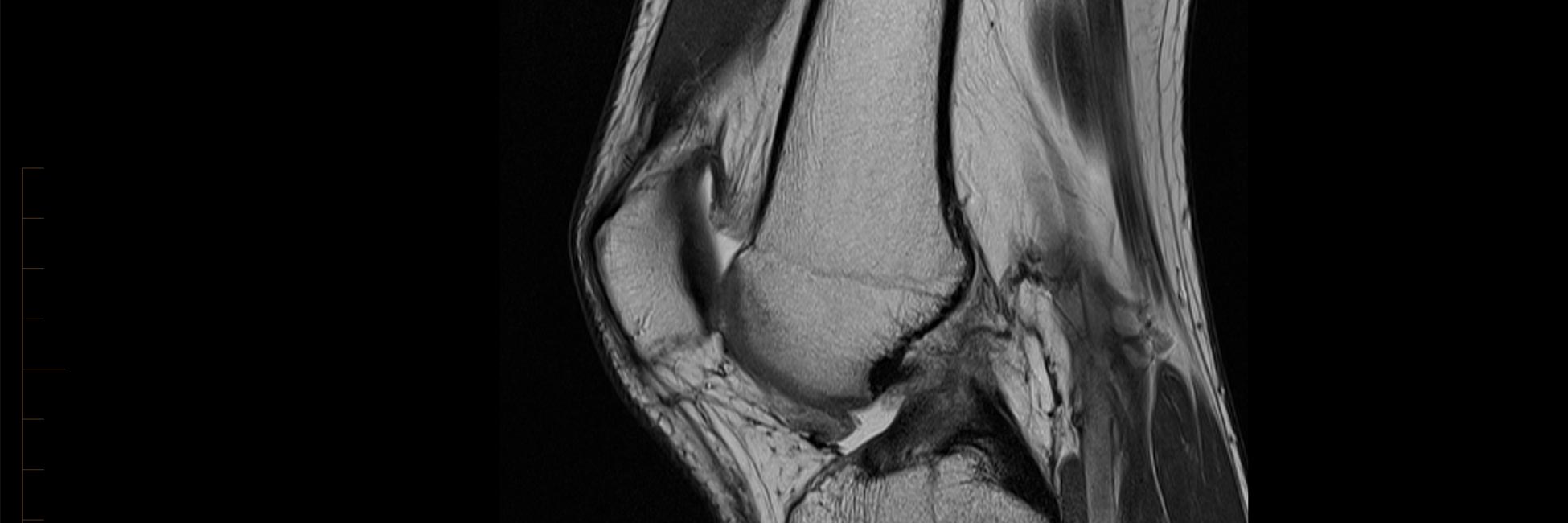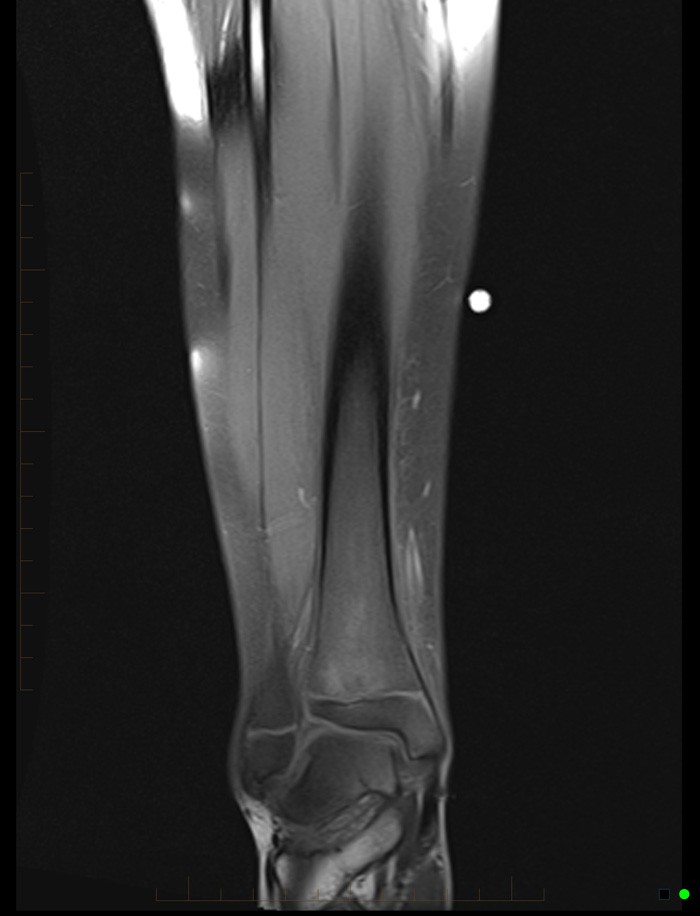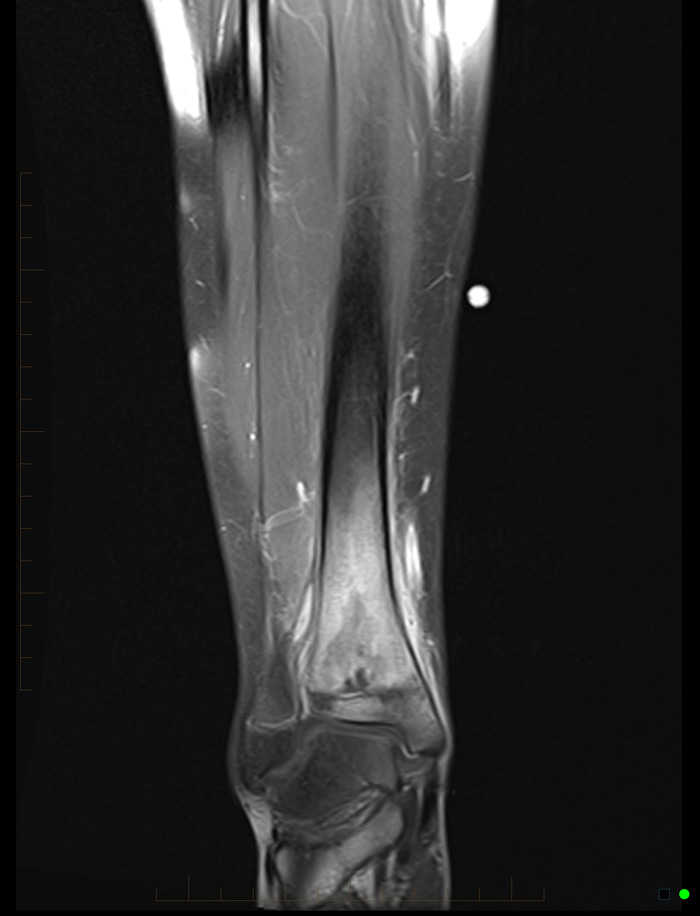At Melbourne Radiology Clinic, we care about your safety and your health, and aim to ensure the most appropriate imaging protocol is selected so your scans are performed safely and targeted to your clinical needs.

At Melbourne Radiology Clinic, we care about your safety and your health, and aim to ensure the most appropriate imaging protocol is selected so your scans are performed safely and targeted to your clinical needs.
Your Safety & Health.
A high field magnet, as used in MRI may have serious consequences in certain patients, and as such, we need you to answer some questions and also complete a questionnaire to thoroughly understand your overall health.
Patients with cardiac pacemakers and cochlear implants cannot undergo MRI scans. Other metallic implants may prohibit patients from having an MRI scan. This includes people with certain types of cerebral aneurysm clips, vascular stents, infusion pumps and neurostimulators.
[before-after is_wiggle=”true” color=”#00adef” label_one=”Pre Contrast” label_two=”Post Contrast” label_position=”two”]
 [/before-after]
[/before-after]
IMAGES: Fluid sensitive MRI demonstrates striking bone marrow oedema (inflammation) within the distal tibia. Pre and post contrast studies through the same region demonstrate enhancement of the inflammation, these findings are in keeping with a Brodie’s abscess and consistent with the diagnosis of osteomyelitis (bone infection).
MRI Contrast.
Some patients undergoing an MRI scan may require an injection of an intravenous (IV) dye (contrast) known as Gadolinium, which is a paramagnetic substance that is visible on MRI scans.
MRI contrast is delivered into the body through a small plastic tube known as an intravenous cannula. Contrast then enters the bloodstream and is taken up by certain types of tissues in the body, therefore highlighting the difference between normal and abnormal tissue (thus the name “contrast”).
The benefit of administering intravenous contrast for an MRI examination is enormous. The use of contrast greatly improves the accuracy of the examination and assists in excluding many serious diseases, such as cancer.
Additional information about the benefits and risk of administering MRI contrast is included in Melbourne Radiology Clinic’s MRI Consent Form and Questionnaire.
If contrast is required, this will be discussed with you by our MRI Technician and /or Radiologist on the day of your appointment.